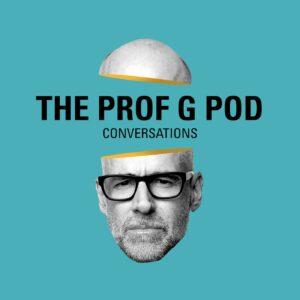
In this episode of “The Partially Examined Life Philosophy Podcast,” the hosts continue their discussion on language acquisition, focusing on the theories proposed by Michael Tomasello and Noam Chomsky. They explore the differences between these two paradigms and the implications for understanding how language is acquired. The conversation delves into empirical evidence, the role of pragmatics and semantics, the biological adaptation of language, and the controversy surrounding Chomsky’s theory of universal grammar. Dylan and the other speaker express skepticism towards Chomsky’s theory and highlight the promising alternative approach presented by Tomasello. The episode provides valuable insights into the ongoing debates in the field of language acquisition and development.
In this episode, the hosts delve into the theories proposed by Michael Tomasello and Noam Chomsky regarding language acquisition. Tomasello’s usage-based theory emphasizes the role of pragmatic and semantic factors in language learning, while Chomsky’s theory posits the existence of a universal grammar as the innate basis for language. The hosts discuss empirical evidence that supports Tomasello’s theory, such as children’s ability to correctly move the auxiliary without correction. They also explore the biological adaptation of language, with syntax being a cultural phenomenon and semantics being a biological adaptation. The debate around universal grammar and its limitations in analyzing diverse grammatical structures across languages is also examined. The episode highlights Thomas Sella’s alternative approach, which focuses on experimental research and biological evolution, offering a promising alternative to traditional theories.
The conversation highlights the ongoing controversy in the field of language acquisition and development. While Chomsky’s theory of universal grammar has been influential, it has faced criticism and pushback from linguists. The hosts express skepticism towards Chomsky’s theory, emphasizing the power of human capabilities to create language without the need for an innate universal grammar. Thomas Sella’s approach, though not widely adopted, presents a valid alternative that challenges the notion of universal grammar. The episode concludes by acknowledging the need for further research and exploration in understanding language acquisition and development.
Through a discussion of Michael Tomasello’s usage-based theory and Noam Chomsky’s theory of universal grammar, this episode sheds light on the ongoing debates in the field of language acquisition and development. The hosts explore empirical evidence, the biological adaptation of language, and the limitations of universal grammar. They also highlight the alternative approach presented by Thomas Sella, which offers a promising perspective that challenges traditional theories. Overall, the episode emphasizes the complexity of language acquisition and the need for continued research to deepen our understanding of this fundamental human capability.